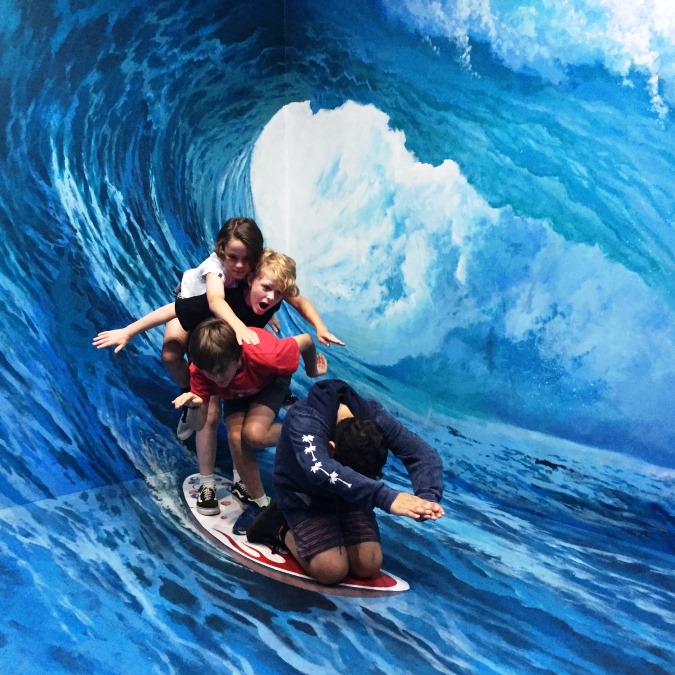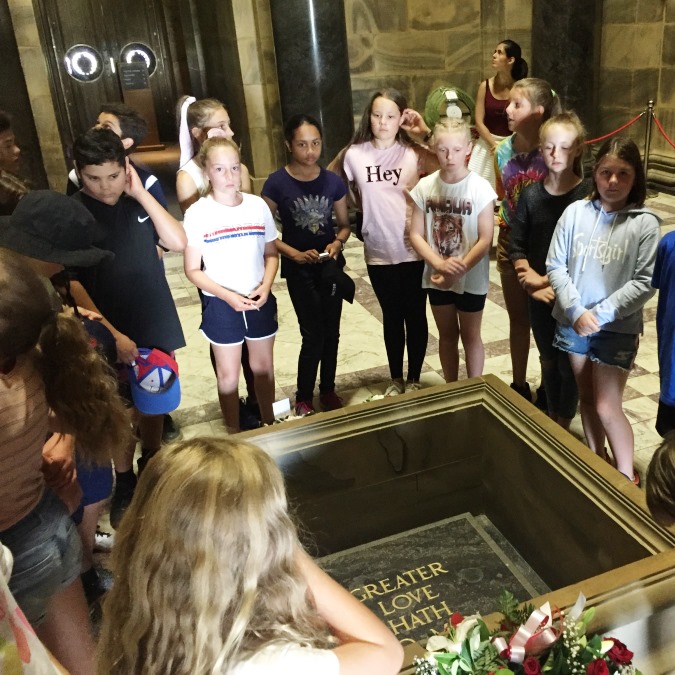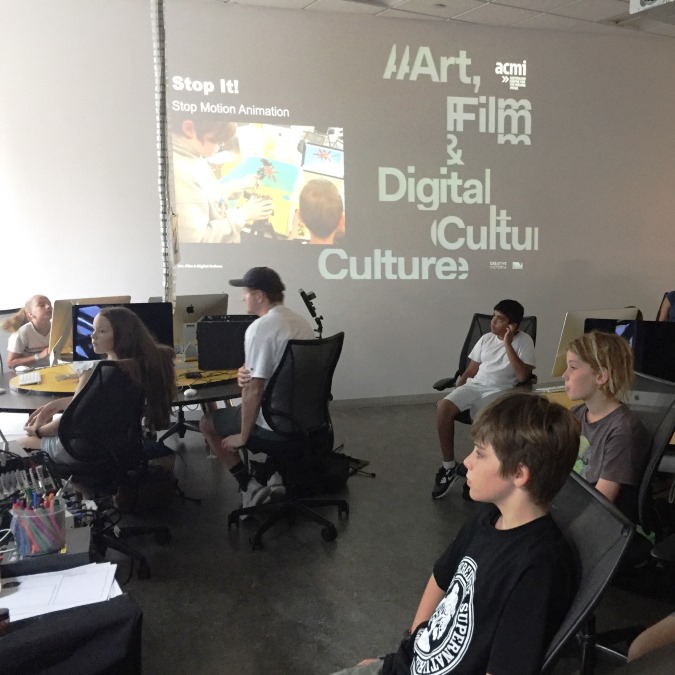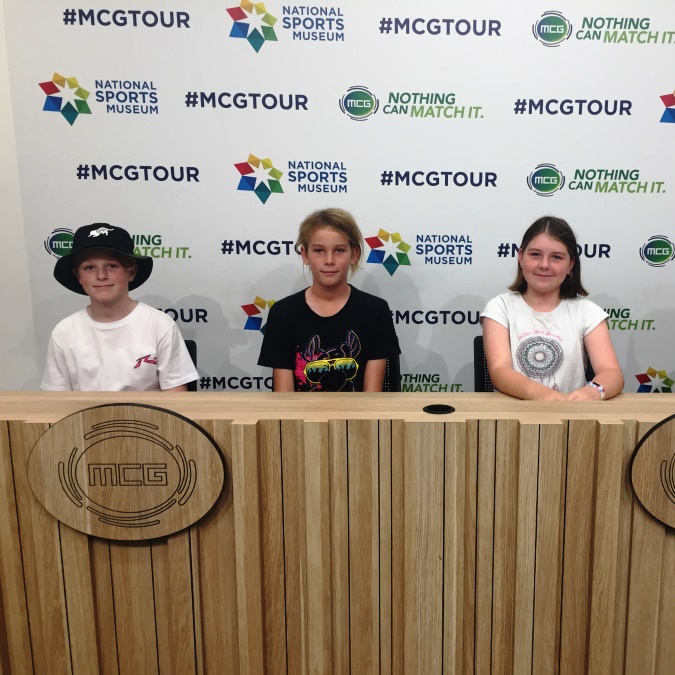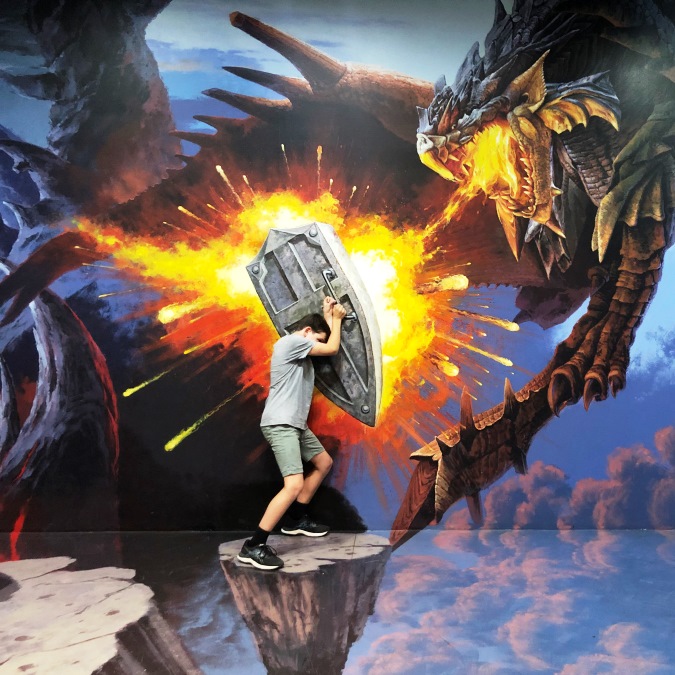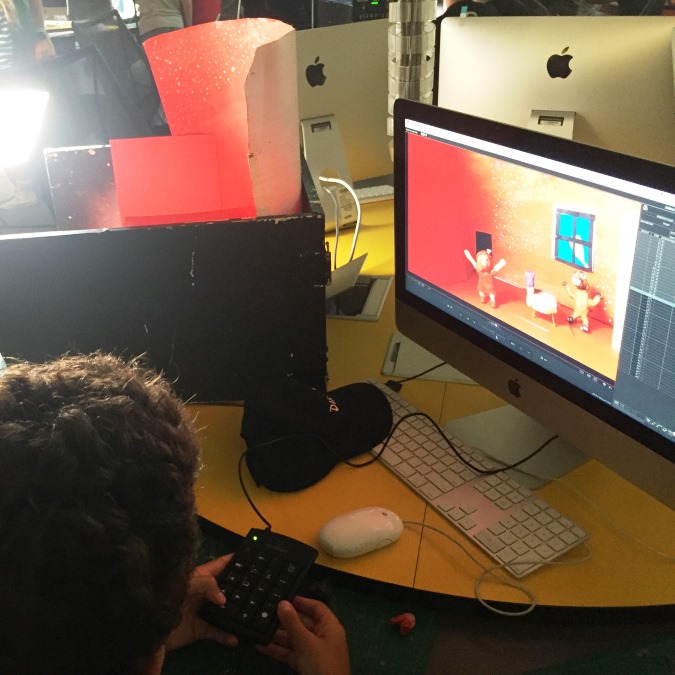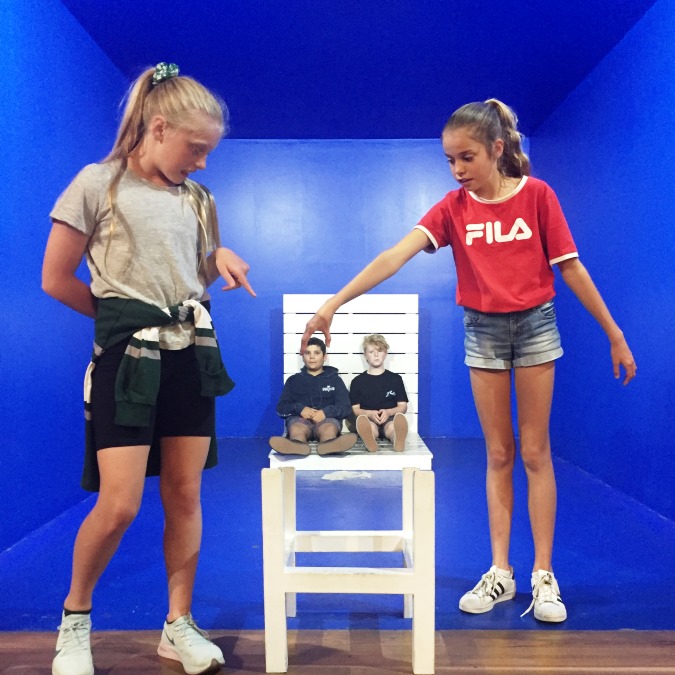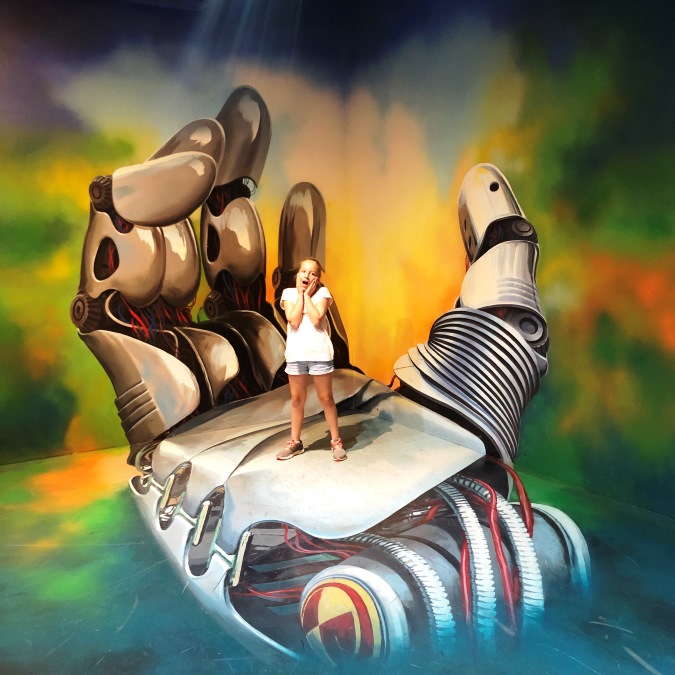In Year 6, students learn in an open environment equipped with a range of current technologies to support and share their learning. Students develop skills to make and understand media and to consider how people, events and issues are represented. They create, produce and present their own works using digital technologies of their choice to communicate a message to their audiences.
Students learn how to create and communicate through a variety of platforms for various audiences and develop the skills and attitudes necessary for them to become responsible Digital Citizens. There is an expectation that students will be active learners, encouraged to seek information, to question, to take risks, to solve problems, to make decisions, and to be responsible for their own learning.
Students learn the most important filmmaking and digital communication techniques such as planning their ideas, collaborating with production crews, filming on location and the Green Screen, editing in Adobe Premiere and performing on camera. They undertake projects including tutorial films, stop-motion animations, history documentaries and films with strong conservational messages. They also study TED Talks and develop their own TED-style project which involves investigating their passions and reflecting on personal experiences that taught them valuable lessons.
All Year 6 students are given the opportunity to present their TED-style project live to an audience of their peers, family and school community. Group work is an integral part of the year and strategies are taught for both leading and participating effectively with others. They are given opportunities to present at assemblies, give and receive feedback and report to the class. Students listen actively by displaying interest, making eye contact and taking turns.
In Year 6 students develop the confidence to create and share important stories.
Find out about our learning
In their final year of Primary School Year 6 students develop their learning in these areas with their peers and teachers. Specialist classes are spread throughout the week. Students are encouraged to make use of all the indoor and outdoor learning environments to support their learning in every subject.
English
We aim for our students to learn to explore and enjoy the fundamental skills of reading, writing, speaking and listening through explicit and engaging teaching and learning activities. Students are encouraged to develop strong writing skills and to create texts that are personal and purposeful, ensuring that every writing piece has a clear message and is targeted for a specific audience. They explore a range of literacy texts and are encouraged to read a variety of genres and to respond to texts in multiple ways, including the use of digital media. Communication is an integral part of the English curriculum and students are given opportunities to present in front of their peers, give and receive feedback and communicate with the extended school community.
Mathematics
We aim for students to develop their problem-solving skills and number sense through activities, games and extended investigations that require creativity and critical thinking. They explore place value, pattern and algebra, geometry, operations and fractions, decimals and percentages, and work through hands-on tasks, in independent and group situations. Students are given opportunities to explore complex problem-solving tasks that require them to collect and record data, look for patterns and develop strategies. Communication is an important aspect of the mathematical process. Students learn to record their thinking in a variety of formats and use evidence to justify their solutions.
Inquiry
Year 6 at The Geelong College has a focus on media and communication with a range of current technologies to support and share student learning. Students learn how to create and communicate through a variety of platforms for various audiences and develop the skills and attitudes necessary for them to become responsible Digital Citizens. There is an expectation that students will be active learners, encouraged to seek information, to question, to take risks, to solve problems, to make decisions, and to be responsible for their own learning. In order to communicate the most powerful messages, students must understand how to affect their audience. The Year 6 motto, ‘Let Us Entertain You’, guides the student’s learning journey throughout the year.
Languages - French
French has long been considered an important International language. Students are challenged to begin to learn and understand spoken and written language. The foreign language teaching methodology known as Accelerative Integrated Method (AIM) uses gestures, music, dance, and theatre to help students learn language. The basic idea of AIM is that students learn and remember better when they do something that goes along with the words they are saying. The program uses gestures to help students remember and access words, phrases and structures. AIM also uses storytelling to help students remember and use the language. The three skills of Reading, Listening and Speaking are developed as the students move through the program. They also use the online vocabulary trainer Language Perfect (Education Perfect).
Music
Singing, percussion, movement and improvisation are all explored through creative and fun activities in music. Every student is a musician. Musicianship is developed through exploration of keyboard and tuned percussion instruments. Ensemble work allows students to gain confidence through playing instruments in small groups. Students use practical music tasks to help develop their listening, note reading and performance skills. Students compose contrasting pieces of music on computer using Mixcraft software. They learn to identify common musical forms and experiment with musical elements such as style, instrumentation and texture.
Drama
In Drama we aim to develop group skills, build confidence and self esteem, develop expressive skills in speaking, movement and improvisation, foster creativity, cooperative endeavour and develop performance skills. Students develop these skills through improvisation, which involves students creatively responding to various scenarios or statements; movement and dance where students explore using their bodies as a method of expression to music; and a range of performance opportunities.
Visual Art
Creativity is expressed across a variety of techniques, materials and mediums in Visual Art. Students use starting points such as careful observation, experience and imagination to express individual ideas and feelings through Drawing, Storyboard, Painting and Assemblage.
Physical Education
Physical and Health Education is seen as an integral part of the student’s education. The program is designed to offer all students the opportunity to experience a variety of physical pursuits and is concerned with the total well-being of individuals and their ability to enjoy a healthy lifestyle. The College has excellent facilities: football and cricket ovals, soccer and hockey pitches, tennis, basketball and netball courts, a swimming pool and double gymnasium. Each student participates in four one-hour lessons during the school’s two-week cycle. Key focusses in Year 6 are Sport Education and Fitness.
Religious and Values Education
The Religious and Values Education (RVE) curriculum reflects the traditions and values of The Geelong College as a Uniting Church School. Students examine 'community' in their lives and develop an appreciation of the call to take responsibility for others, to care for the needy and to serve. They continue to develop an understanding that we all have a need to be respected and appreciated and that this creates harmony. They discuss the meaning of Easter as the cornerstone of Christianity and examine the concept of Social Justice and the right of all people to experience justice. Students are given the opportunity to participate in a variety of ways to express ideas and concepts during Worship segments of the Primary Assembly and Chapel.
